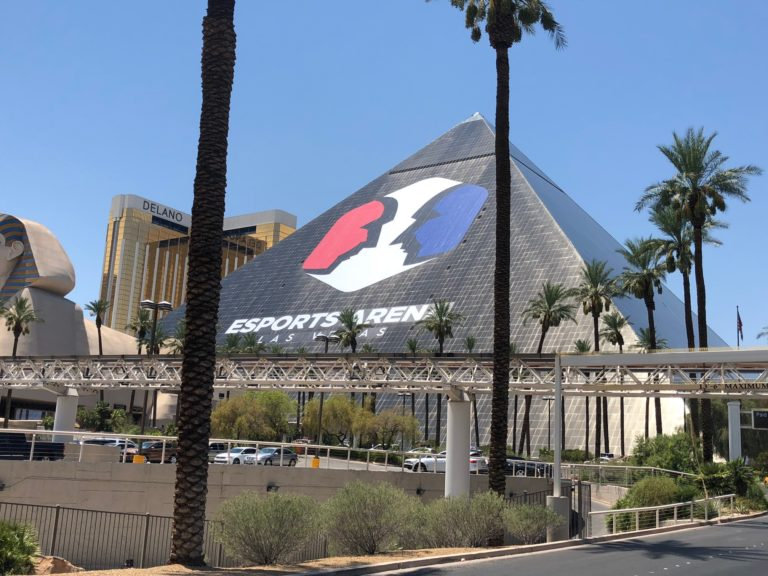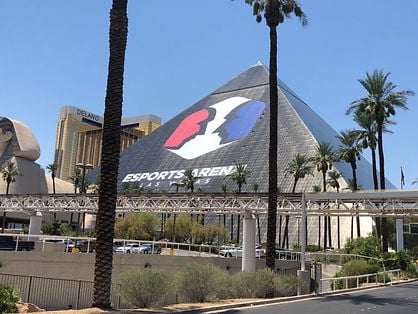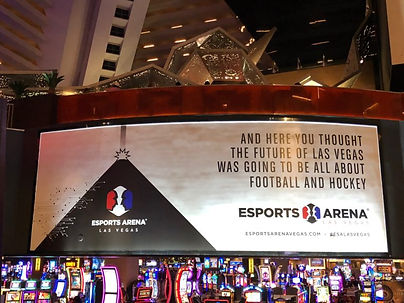You don’t have to look any further than some basic data to realize that eSports is emerging as a major force within the sports landscape. Consider that professional gamers are now making high six- to seven-figure salaries. And if that is not enough to get your attention, consider several recent reports that indicate that the collective viewership of eSports competitions is about to surpass that of the NFL, the most watched sport in the United States!
At the heart of eSports is the video game. Or is it? After attending the first annual eSportsTravel Summit last week in Las Vegas, because everyone should visit Las Vegas in the middle of July, I now understand that eSports is about much more than video gaming. It is about entertainment, branding, content generation, personalities, and world-class athletes. That’s right, I said athletes. These athletes may not be able to dunk a basketball, run a four-second 40-yard dash, or hit a baseball 400 feet over the centerfield wall, but they still require an intense training regimen, focus, determination, and motor skills that enable them to be the best at their trade. Not only are they skilled at their craft, but they are also entertainers who are generating content, serving as brand ambassadors, and connecting with their legions of passionate fans around the world.
Video gaming is not new. It has been around in various formats for decades. But the professionalization and commercialization of it as a sport is new. Gone are the days of ostracizing gamers as loners who hide in their basements playing games for days on end. Today there are organized eSports at the youth, high school, college, and professional levels. Gaming is celebrated for its ability to develop teamwork, critical thinking, and strategy. It is even helping high school gamers reengage in school because they have found a place where they can belong and excel.
With all of its success, it is also fragmented and working to find a sustainable business model. With numerous games, leagues, teams, tournaments, arenas, and venues, the sport struggles to unify a single strategy that is appropriate for all stakeholders. Perhaps for that reason, there is no single sanctioning body that oversees eSports. But make no mistake, it is a sophisticated marketing platform filled with savvy entrepreneurs and business executives poised to take it to the next level. It is no wonder that sponsors, advertisers, and investors are flocking to eSports in record numbers.
The Summit was held at the Luxor Hotel & Casino, where they have recently converted a two-story nightclub into a permanent eSports arena. Outfitted to host amateur and professional tournaments, and complete with its own broadcast booth, the arena is open daily to everyday gamers who want the opportunity to play their favorite games. Attended by industry insiders, event organizers, team owners, suppliers, publishers, CVBs, and sports commissions, all trying to figure out how to work together to grow the sport and determine where they fit into this game, the Summit was an eye-opening look at the current state of play, and where it is headed in the future.
This week the IOC is meeting to discuss eSports and its potential inclusion in future Olympic Games. “Why?” you may ask. Well, maybe its because there are 1.6 billion athletes competing in traditional sports worldwide … and there are 2.6 billion participating in gaming.
—Sky Curl, Director, InStructures, InProduction







